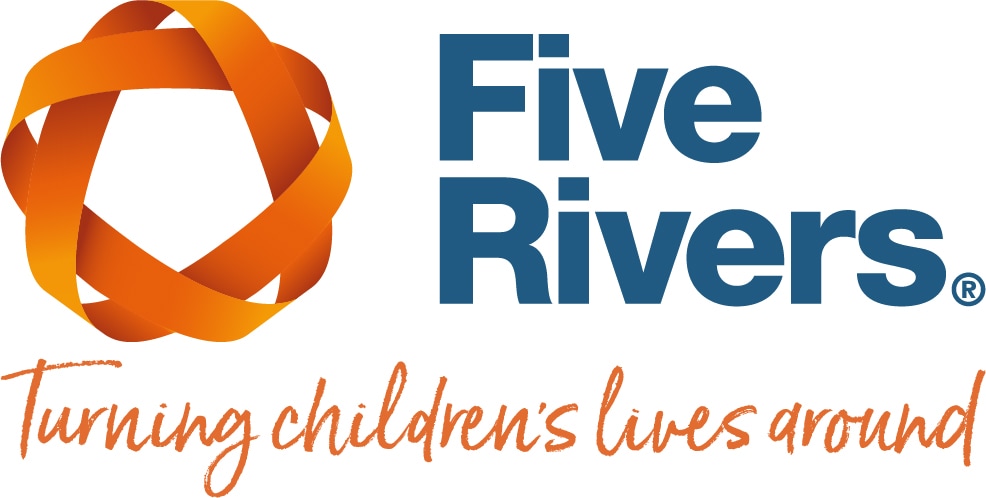Being a Social Enterprise, and what it means to us
At Five Rivers, we’re proud to be a Social Enterprise committed to turning children’s lives around. We’re an organisation driven by Social Objectives, and at least 50% of any surplus we make is reinvested into the services we provide. It’s an integral part of our ethos, affecting how we work and the decisions we make.

So, what is a Social Enterprise?
“A company primarily driven by social objectives and whose surplus is reinvested into the organisation or community rather than creating profit.” – Social Enterprise UK.
The term has been around for more than 20 years, but many people still don’t understand what it means and how social enterprises benefit the economy.
What is our Social Purpose?
First and foremost, our mission is to add real social value to society. We can honestly say our service is “child-centred” – not just in terms of our psychological approach but as a commitment that is 100% real, practical and financial.
Nevertheless, we are a business: we are not a charity – we do not solicit or accept donations, we don’t have trustees and we don’t employ volunteers. We employ people on the same professional and legal terms as any other provider. We run our accounts professionally and at the end of the day, we must balance our books. Our exacting customers are local authorities who demand a reliable service at a reasonable cost.
As with all good businesses we want to operate in the black – we aim to generate a trading surplus. In business terms, this may be called “profit” but we avoid the term because we never want to profit financially from our activities: if we have any money left over it is invested back into the business – in our research and training programmes, practice development teams, and human resources. We’ve also just launched Five Rivers Futures our new befriending scheme for Five Rivers Care Leavers aged 18-25, which offers advice for emotional, practical and financial difficulties.
We also encourage all of our suppliers to support our mission. We ask them to:
- Offer a care leavers a job interview, even if they don’t seem qualified, to recognise their interrupted education.
- To offer (if asked) a meaningful work experience to a young person in care.
